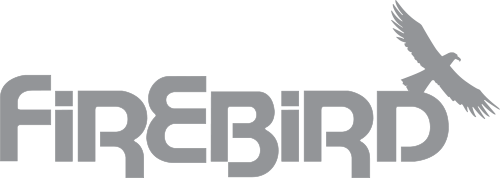For many years diesel boilers have been extremely popular in New Zealand, due to the accessibility, affordability, and exceptional performance. While the performance of our diesel boilers have only gotten better we have seen an increase in diesel fuel prices over the past year. Diesel Boilers have previously offered relatively low running costs making these a great solution for larger homes, especially where heat pump options have been much more expensive to install in comparison.
When diesel was at $1.50/litre, the average cost to heat a 200m² home was around $2,200/year (or $70/week). Now that diesel is over $2.00/litre (and as high as $2.60/litre), the running costs for the same home has increased to as high as $3,900/year (or $130/week). Diesel has for a long time been one of the cheaper fuels for home heating and transportation. The comparatively high costs being experienced today are hopefully going to be short-lived, and we hope to see these fall to better align with other forms of energy in the next year or two.
The increased running costs of diesel boiler-powered systems today have resulted in many existing customers questioning what could be done to reduce the impact of these costs. We have put together potential solutions for this which should be considered. Below we have outlined the expected capital cost and running cost savings for these options.
It’s important to remember every home and family are different which means capital and running costs can vary, but for example purposes we have based our options on heating a 200m2 home.
Option 1: Upgrade to a condensing diesel boiler
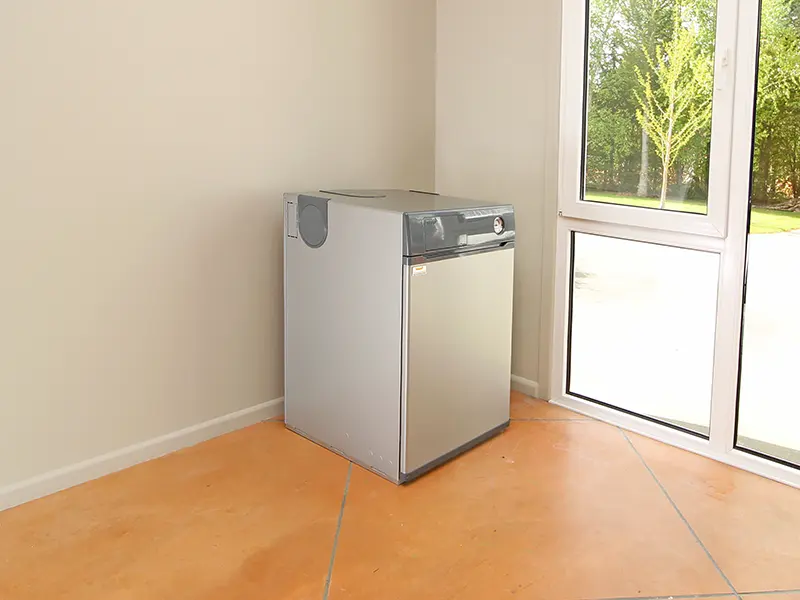
If the existing boiler is reaching the end of its usable life (10-15 years old), then a replacement is likely to be required in the next few years. If this existing boiler is a standard efficiency type boiler, an upgrade to a condensing boiler would be possible.
Assuming a simple replacement of the boiler and a condensate drain/pump with the existing flue re-used, the upgrade cost is likely to be around $11-12,000. The new condensing boiler will reduce the annual running costs by around 10%, resulting in an annual saving of around $300-500, while still achieving great heating performance for many more years.
Option 2: Smart Controls
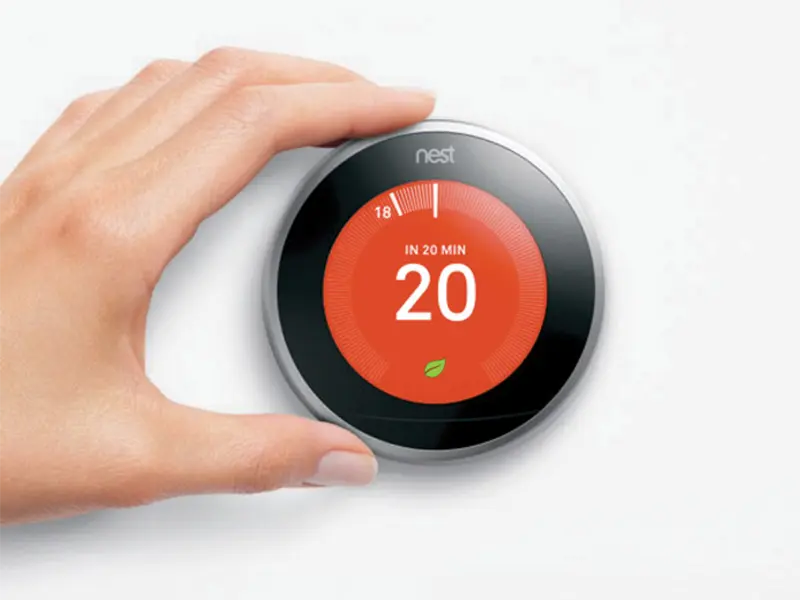
Older systems often feature controllers that don’t allow for smart heating of the home. It has been shown that by changing these systems to use smart controllers (like the Nest thermostat), running costs can be reduced by up to 10%.
For most existing systems, the controls can be easily upgraded for $1,000-2,000. This change can also often be completed in less than a day, resulting in minimal interruption.
As per option 1, these 10% energy savings are likely to result in running cost savings of $300-500/year. These savings will then pay for the upgrade cost in as little as 2-5 years. It would also be possible to combine this upgrade with any of the other options listed.
Option 3: Change the boiler out for a heat pump
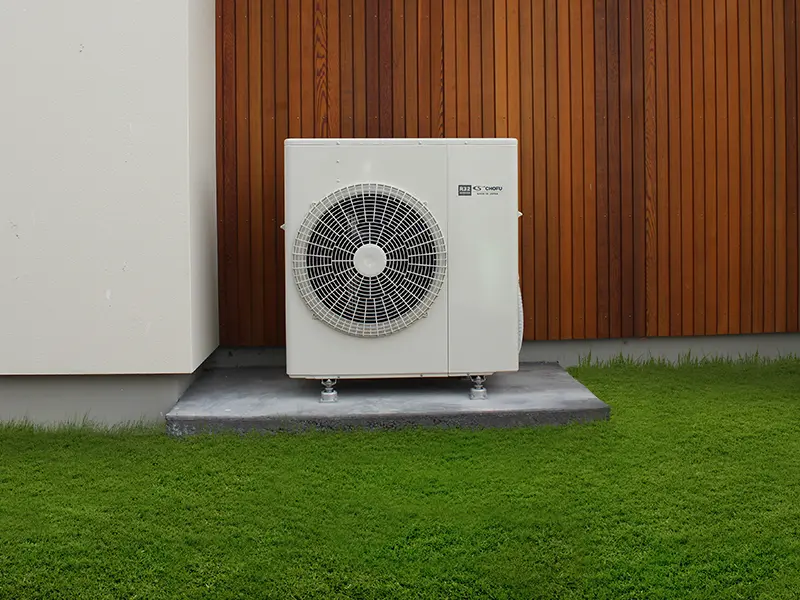
Hot water heat pump systems have come a long way in recent years. The flow temperatures that can be achieved from heat pumps can now be as high as 60. It is common for heating systems in new homes to use heat pumps and provide space heating via radiators due to the higher temperatures that are now available. The fact is though, that heat pumps are not efficient or effective when providing these high flow temperatures and are better suited to lower running temperatures, for example, underfloor heating. In some situations, this will also mean that multiple heat pumps are needed.
For existing diesel boiler-powered underfloor heating systems, the change to a heat pump-powered system can be relatively simple, especially if the existing underfloor system is well-designed. Typically, this change will still require some alterations to system components, and the heat pumps will be required to operate at higher flow temperatures than they would on an equivalent new system.
For existing diesel boiler-powered radiator systems, it could be difficult to convert these to operate solely on heat pumps. At the reduced temperatures that are available, the heat output of the radiators will be reduced by 30-40% with more common heat pump technology, or up to 10-20% with new heat pump technology. Either way, to enable these systems to work completely on heat pump technology, some significant system changes are often needed.
For the example used for this article, we would expect the cost to change this system from a diesel boiler to be completely powered by a heat pump to be around $30-35,000. With this replacement, the running costs are likely to be reduced by around 65% (or around $1,500-2000/year) providing a saving of $1,900-2,400/year. While these savings are significant, it is still a 12-18 year period for the capital cost to make this change to be recovered, and in that time it is likely that the heat pump/s will need to be replaced.
Option 4: Hybrid Heat Pump Solution
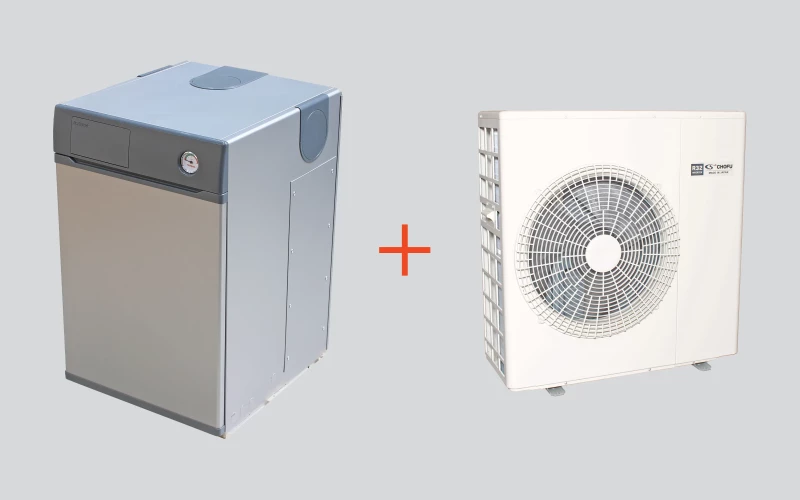
As an alternative to option 3, Central Heating New Zealand is testing a hybrid replacement solution. For this option, instead of replacing the boiler, we would be looking to add a heat pump to the system. While the heat pump's performance may only cover 50-70% of the peak heating load, this can account for as much as 70-80% of the annual heating energy requirements.
This option avoids a lot of the added complexity of option 3 and allows a more simplistic heat pump add-on to be made, while still allowing the total heating performance to be achieved by the existing boiler when required.
With the reduced complexity, this option for the example used in this article could have an installed value of around $18-23,000. The annual running costs would then drop by around 50% (to around $1,800-1,900/year) providing annual savings of $1,700-2,100/year. The annual running cost savings achieved by this option are likely to result in a recovery of the original capital cost in 8-12 years.
While the options listed above may not perfectly match your system, they give an idea of the possibilities and likely costs of these. This will help you understand what option best suits your needs and we can develop this option further for you. At Central Heating New Zealand our team is driven by innovation and finding the best possible solution for you and your family.
*Prices are subject to current market.



